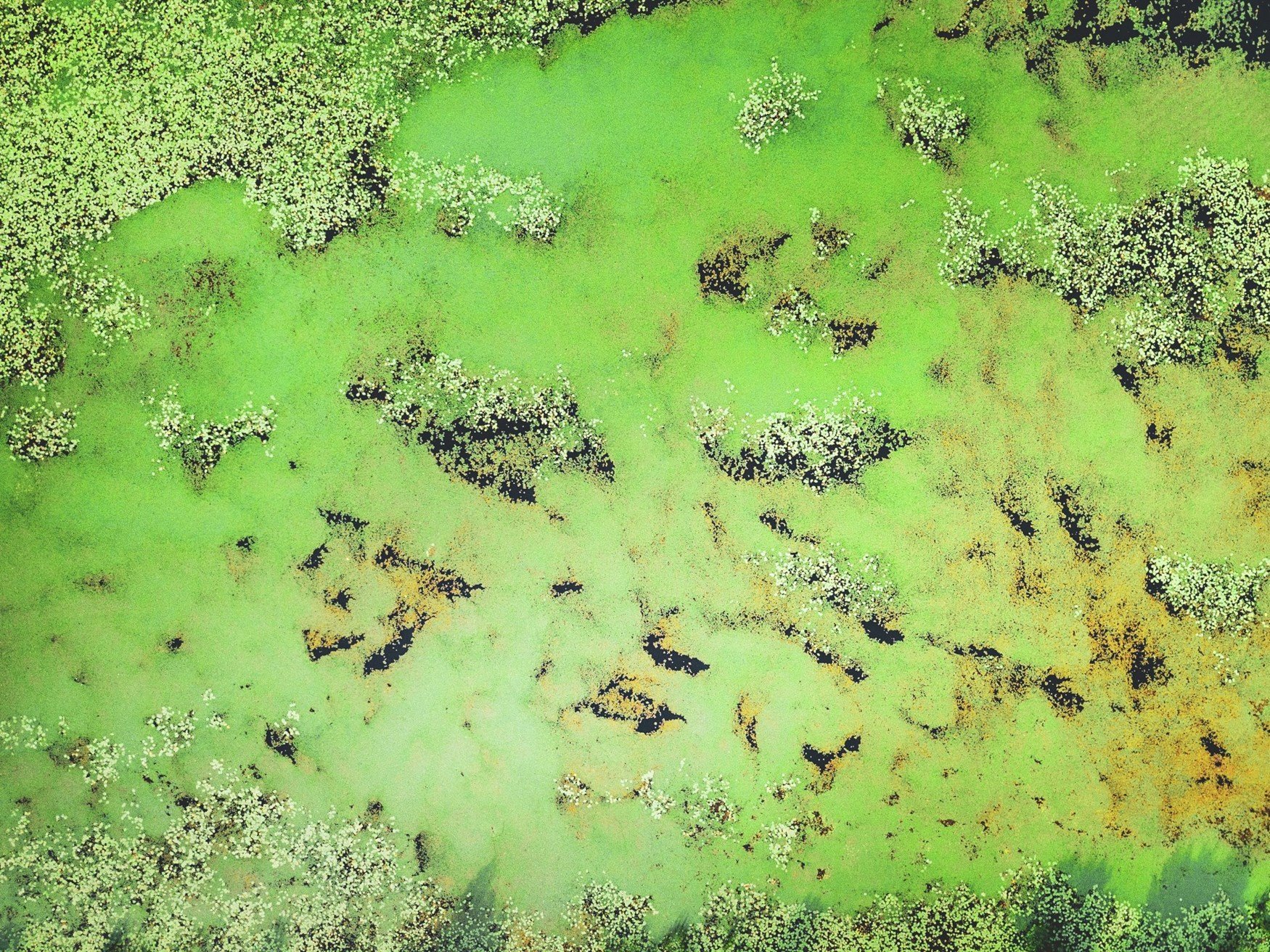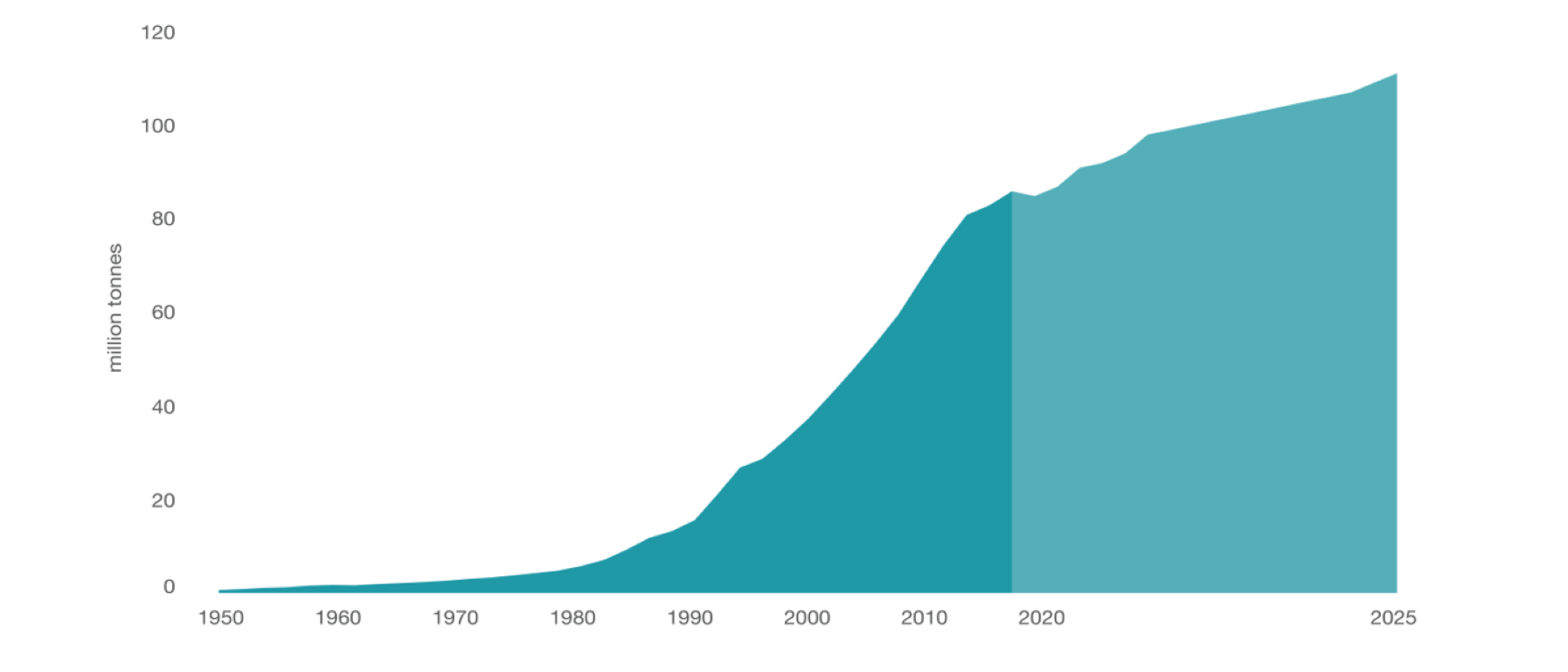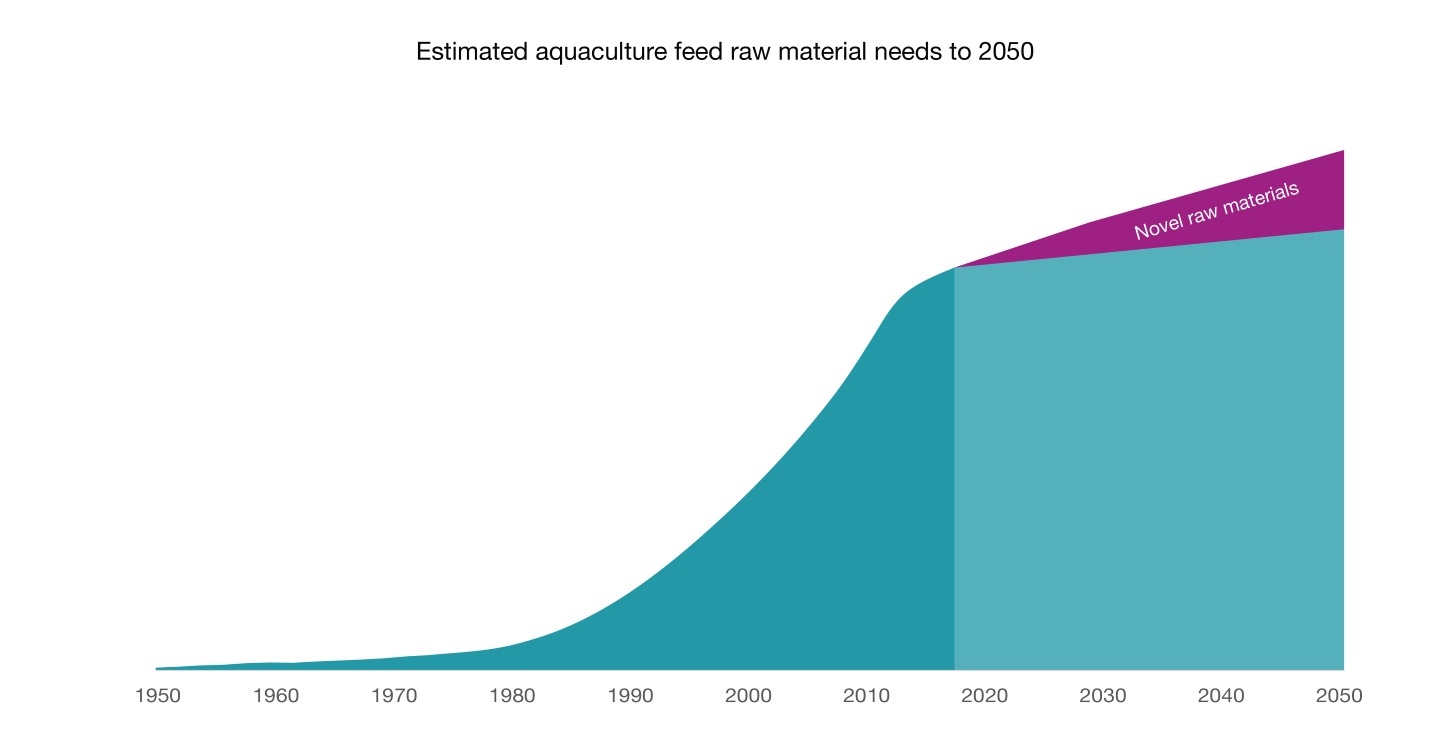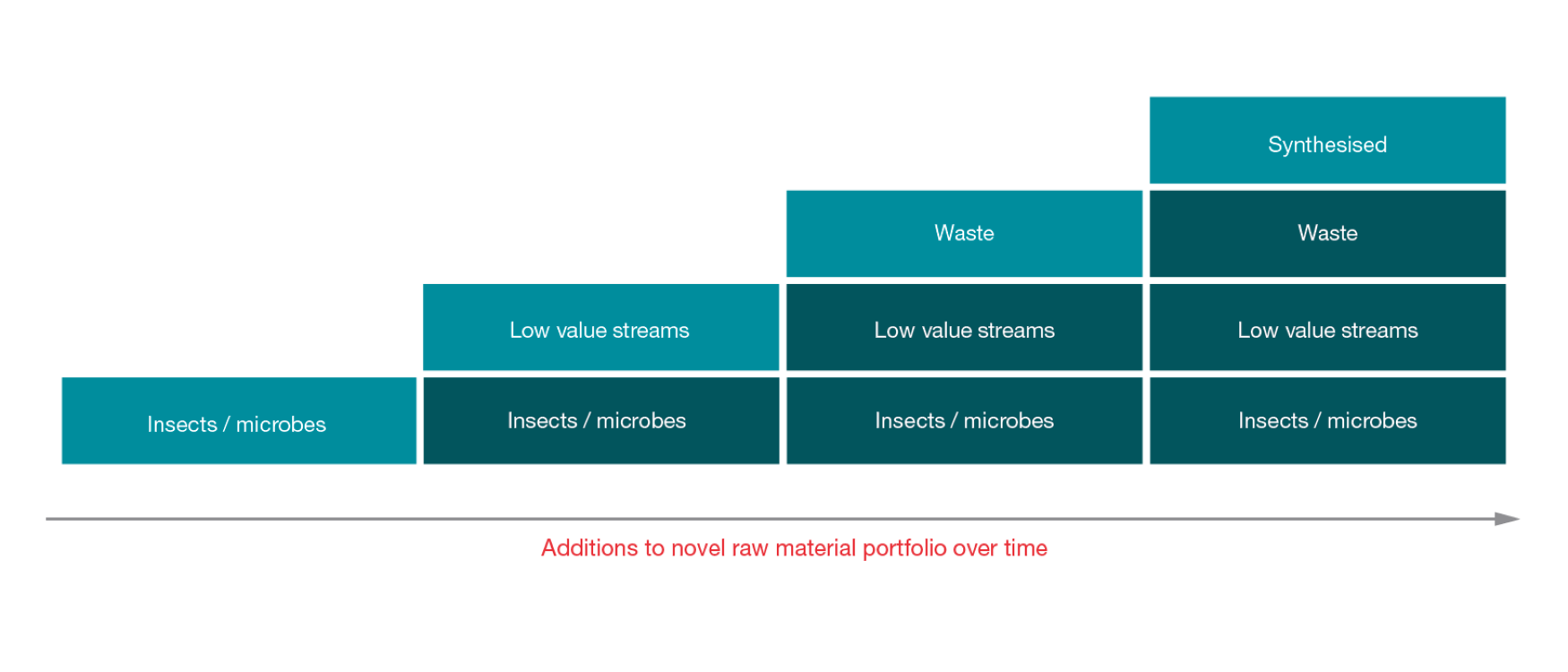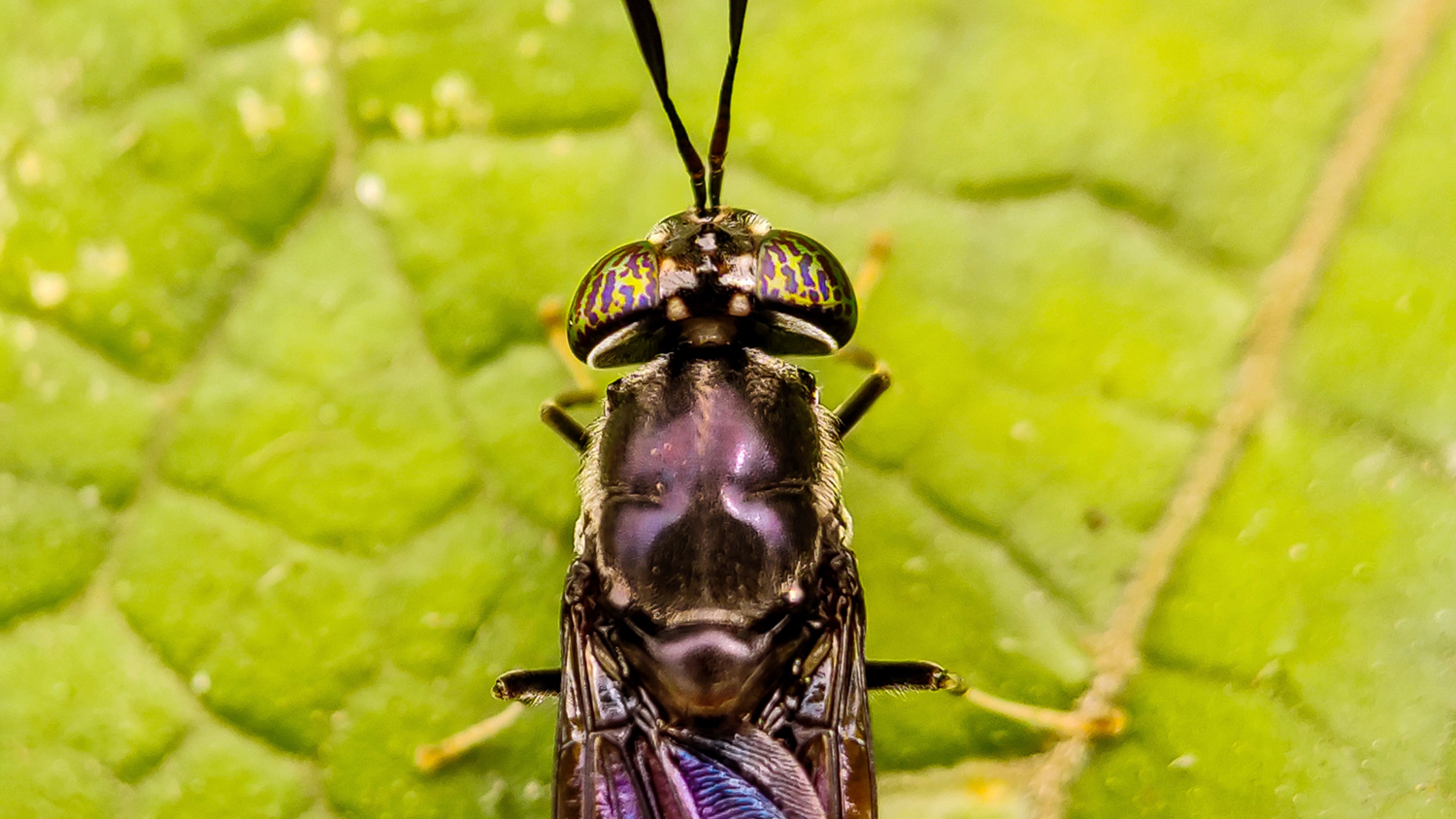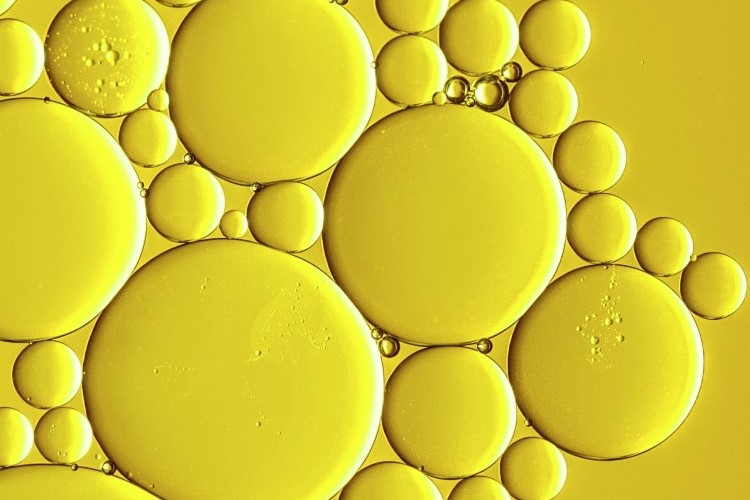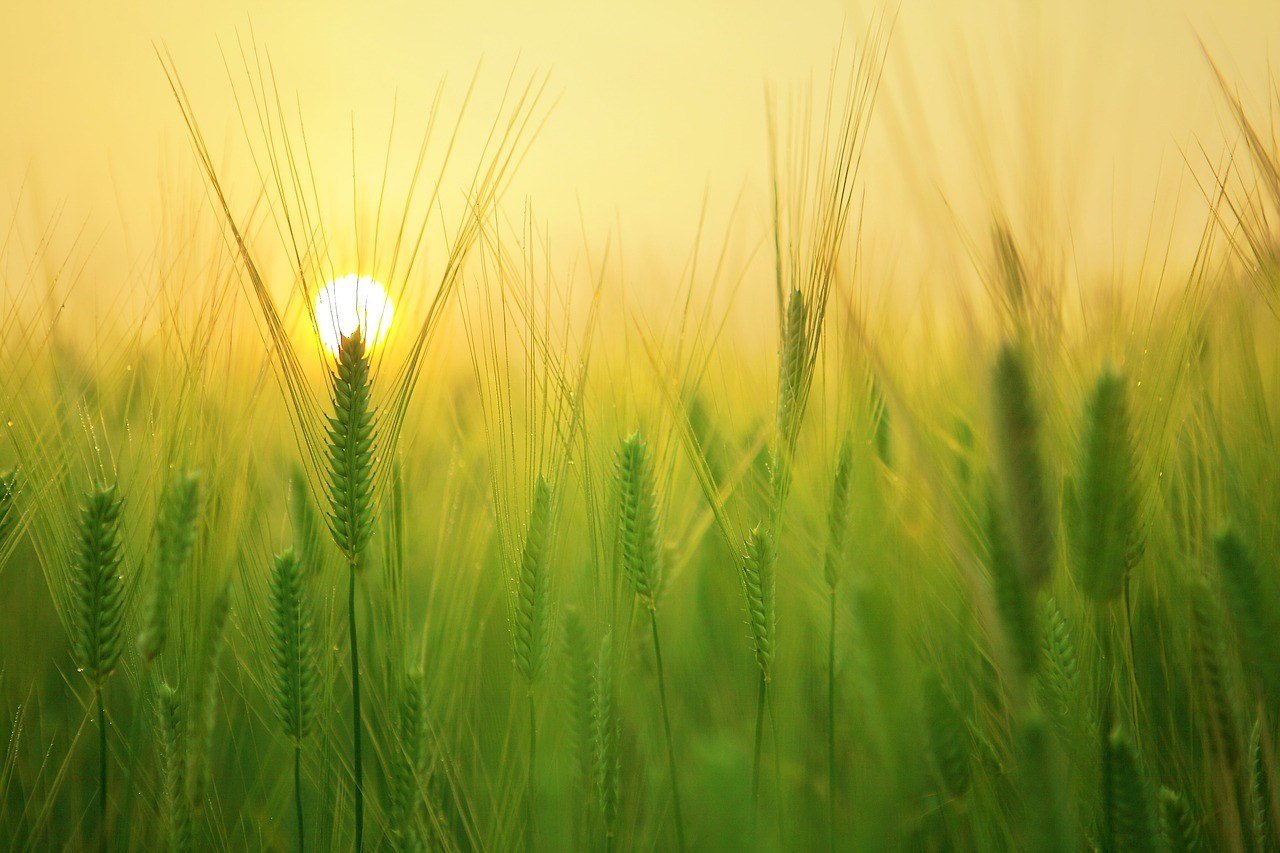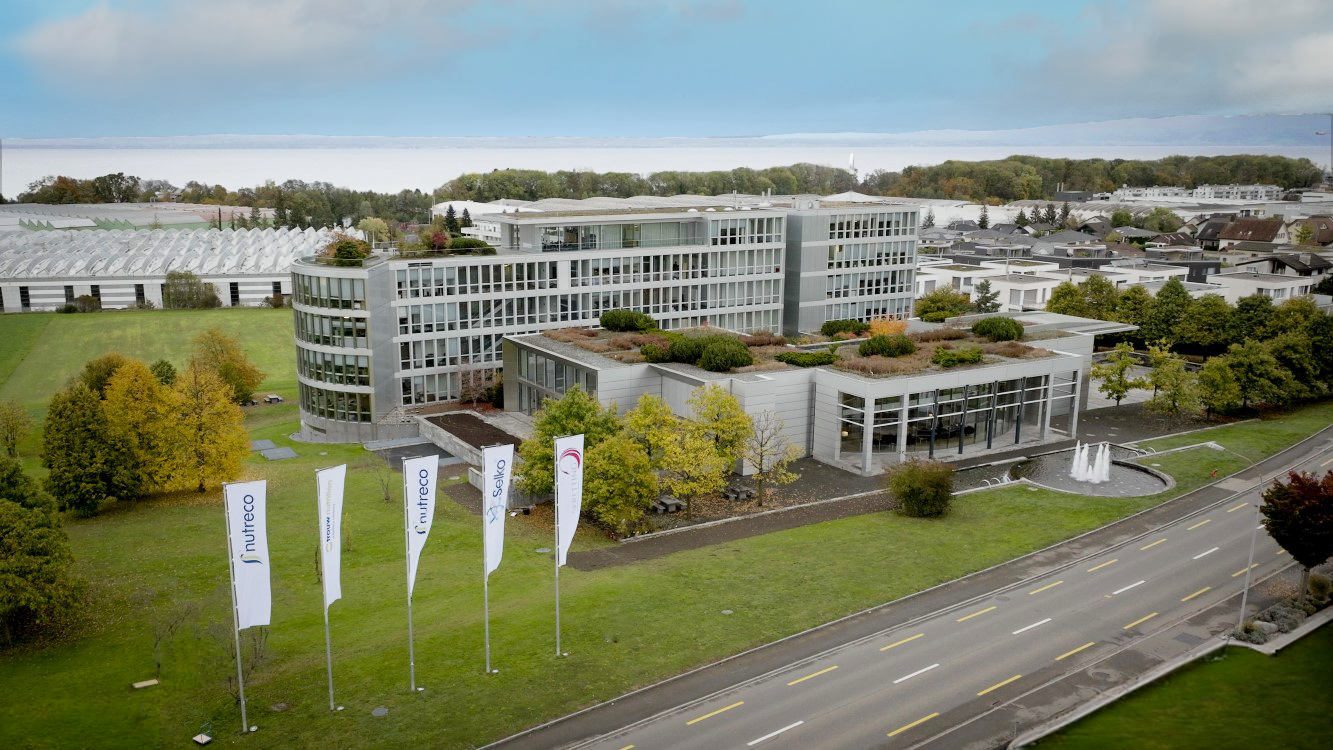
What do we mean by 'novel ingredients'?
The raw materials used in aquaculture feeds were traditionally based on capture fisheries (fishmeal and fish oil) and agricultural crops (such as soybean meal). While other vegetable-based meals and oils, fish trimmings and processed animal products have increasingly been used to supplement these high demand, finite ingredients, if we are to increase food production sustainably and ensure that the rising world population has access to essential food, it’s important that we seek to reduce the amount of human food resources that are used in fish and shrimp diets.
Novel ingredients are unconventional feedstuffs of plant or animal origin. Worldwide, there has been increased activity focused on the R&D of such ingredients with the aim to ascertain new protein raw materials and alternative sources of essential omega-3 long chain fatty acids for use in aquaculture feeds. The latest technologies include microbial and insect-based protein and oil sources, and already, algae oils containing EPA and DHA and high-quality proteins based on different insect species using waste streams as resources are commercially available.
While these and other novel ingredients offer an opportunity to overcome the risk of a raw materials gap, scalability is essential to their successful application. As well as delivering equal nutritional benefits and performance in the diet formulations, they need to be available at a price that is viable for fish farmers. At the same time, manufacturing processes cannot lead to negative environmental or social impacts.
When it comes to fish and shrimp feed ingredients, one of our most fundamental long-term visions is to use materials that wouldn’t otherwise be consumed by society.
"When it comes to fish and shrimp feed ingredients, one of our most fundamental long-term visions is to use materials that wouldn’t otherwise be consumed by society. The novel ingredients that we are developing right now fall into that bracket – there’s no direct competition for nutrients with existing
human food chains; and there are no additional impacts in terms of arable land or water usage," says Dr. Alex Obach, R&D Director Skretting.
Skretting is in full support of the development of novel ingredients. We’re proactively working towards fully understanding the complexities of these alternatives from sustainability, nutritional, quality and safety, regulatory and financial perspectives. We believe that this knowledge will help ensure that aquaculture continues to progress responsibly.
At Skretting, we have long maintained that the application of novel ingredients is not a leap of faith; it’s an essential step in sustainably meeting the long-term food and nutrition security needs of a fast-growing population.
